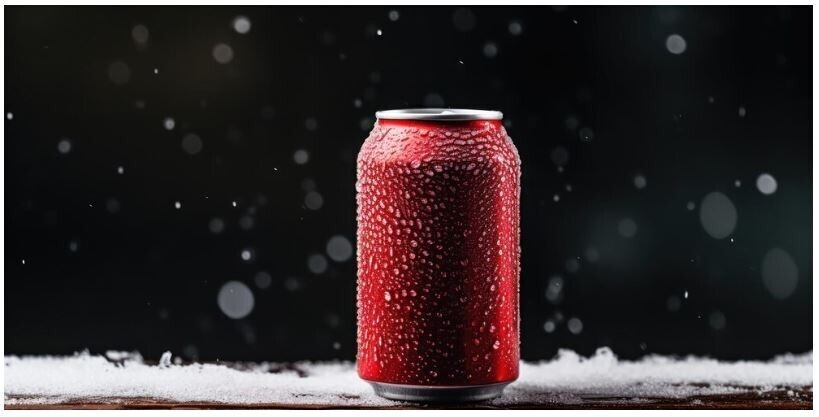

According to Technavio, the global beverage can market is projected to grow by $5.24 billion from 2024 to 2028, with an estimated CAGR of over 2.79 per cent during this period. The ready-to-drink (RTD) coffee and tea market has seen substantial growth, driven by increasing health consciousness and rising disposable incomes.

Fuelling demand for the beverage cans market
Millennials, in particular, are fuelling demand for these instant energy drinks. Metal cans like aluminium, steel, have become a favoured packaging option for RTD coffee and tea brands such as Starbucks and Stumptown Coffee Roasters. This trend is expected to significantly boost the global beverage can market during the forecast period.
The beverage can market is witnessing significant growth, propelled by the rising popularity of coffee, energy drinks, and bottled water. Consumers' preference for convenient and portable packaging makes cans an ideal choice. The on-the-go convenience of coffee and energy drinks continues to drive their popularity. Bottled water is also a major contributor to the market, fuelled by health-conscious consumers.
Additionally, the organic and natural category is expanding, with many brands introducing plant-based and zero-sugar options. Producers are increasingly focusing on sustainability, with some utilizing recycled materials for their cans. Driven by these trends and evolving consumer preferences, the market is expected to grow further.
Market challenges
The beverage can market faces several challenges. Environmental concerns, particularly around disposal and recycling, remain significant. Although aluminium cans boast a high recycling rate, the industry must continue to innovate and seek more sustainable solutions. Additionally, competition from other packaging formats, such as plastic and glass bottles, presents a challenge. Pricing pressure from both retailers and consumers also poses a threat to the market.
Moreover, the market is becoming increasingly globalized, requiring companies to adapt to diverse regulations and consumer preferences. The rise of e-commerce and direct-to-consumer sales is also disrupting traditional distribution channels. To remain competitive in the beverage can market, companies must navigate these challenges effectively.
The beverage can market may encounter challenges due to the anticipated rise in steel prices. China's decision to cut steel production is expected to create a supply shortage, driving up costs for can manufacturers. This could potentially result in higher prices for consumers, which may lead them to reconsider their purchasing decisions.
For over a decade, China's low-cost production has distorted the global steel market. However, decreasing production and slowing economic growth in China are expected to shift the balance towards demand, resulting in higher prices.
Responses








